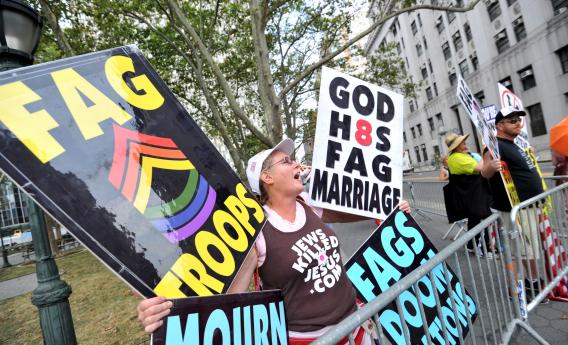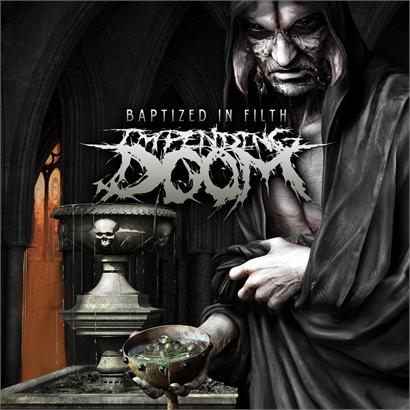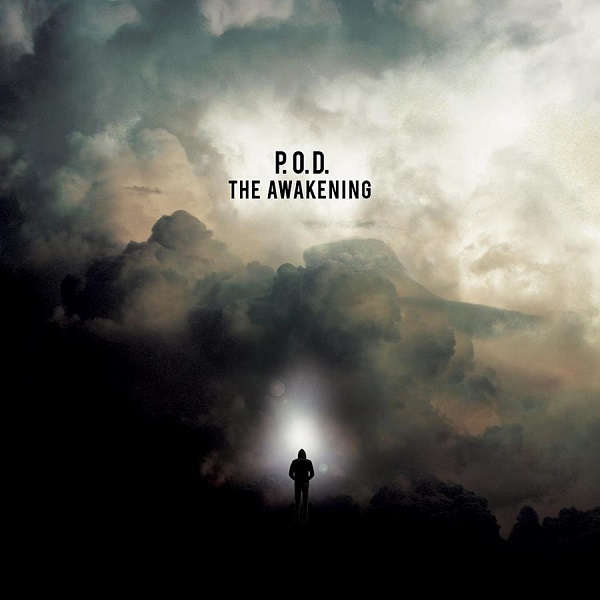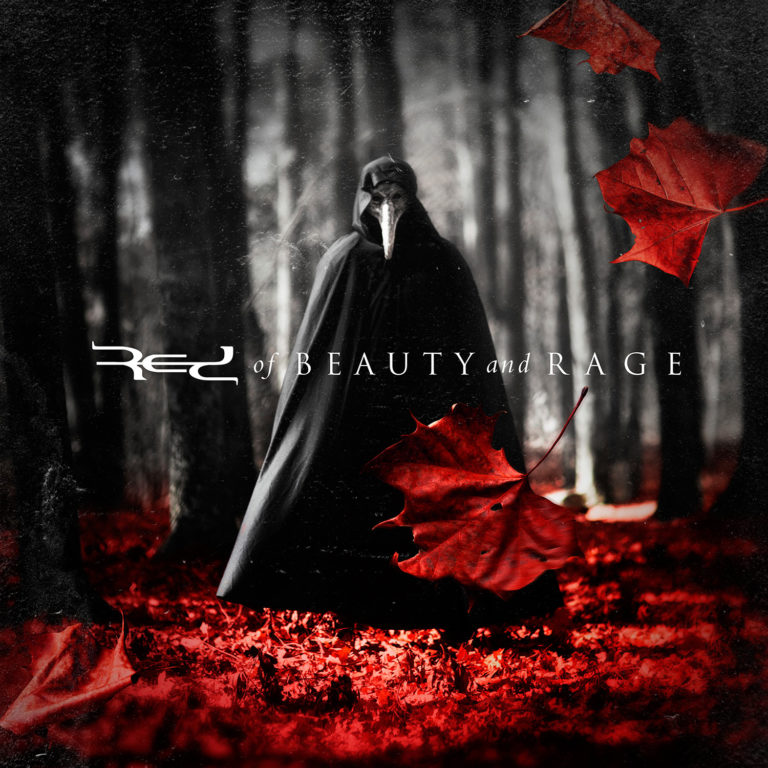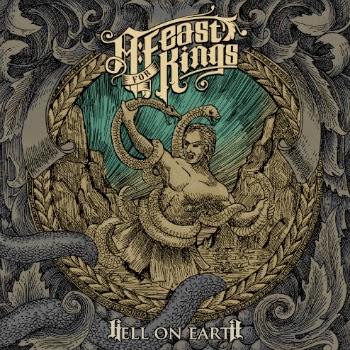First up this week on the playlist is “She is Beautiful” by Andrew W.K. from his debut...
Year: 2015
So the other day I had the horrifying idea of checking out what The Blaze thought about...
I’m just going to get right into it this week, so without further adieu, our first song...
I can be pretty negative around here at times. Cynicism seems to be the rule of the...
So I was recently reading this article on Polygon about unequal racial representations in gaming, and it...
As you have probably noticed, I have found some time to start writing again, thankfully. It’s not...
So the other day I was on my lunch break and one of the people I sit...
So in my previous post on Christian media industries, I ended up covering a lot of ground...
So… unfortunately this work assignment looks like it’ll be going on for another week at least, but...
Normally I’d try to make this little intro as short as possible just out of obligation, but...
I have to apologize for the reduced blogging output this past week – I have been temporarily...
Before we start this week’s IC2S Playlist update, I have a bit of timely good news. Last...
This weekend, I stumbled upon a news article that absolutely floored me. It was called “Why Christians...
A bit of a post-script on my last post, regarding Mad Max and feminism: I was actually...

